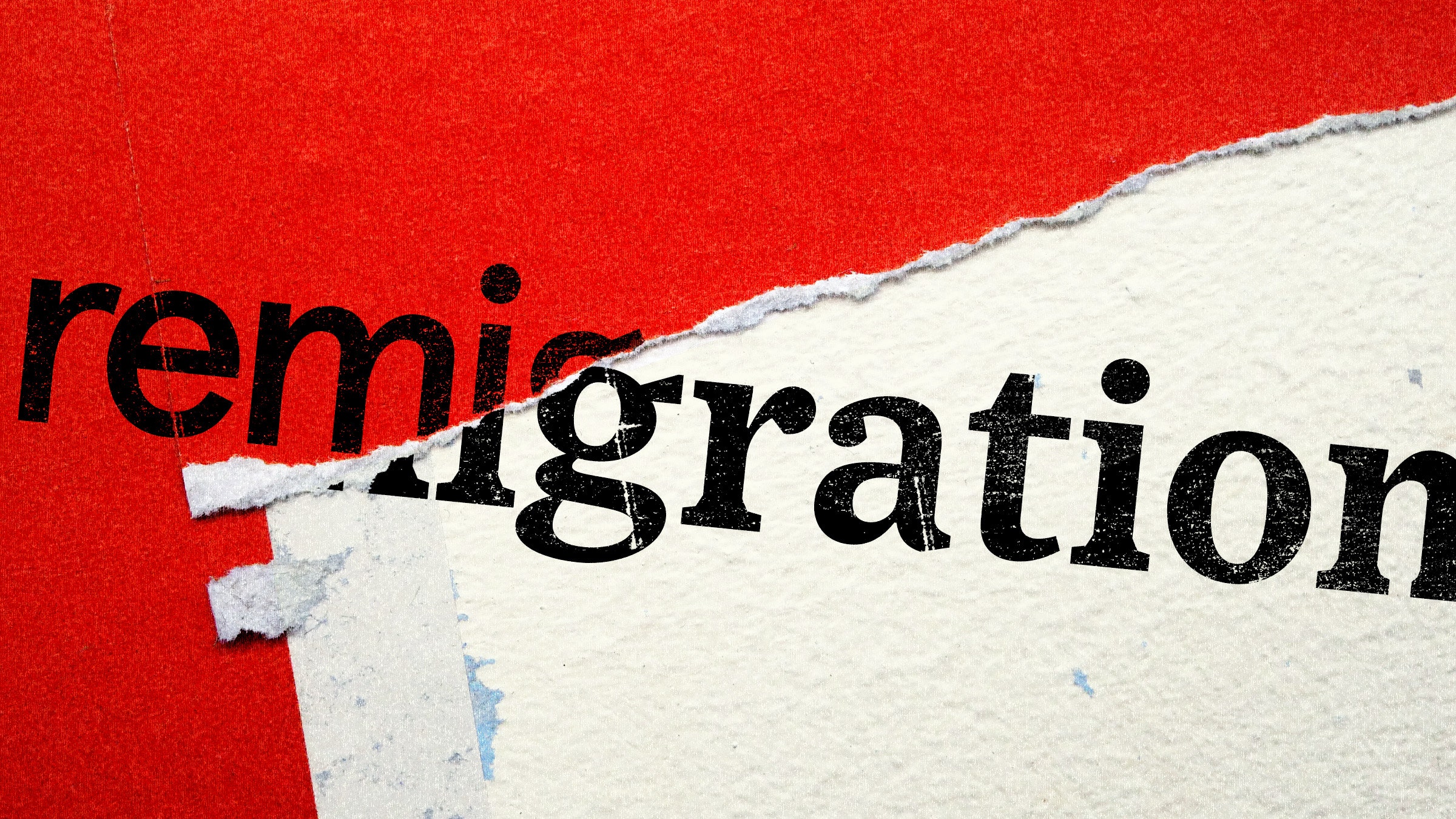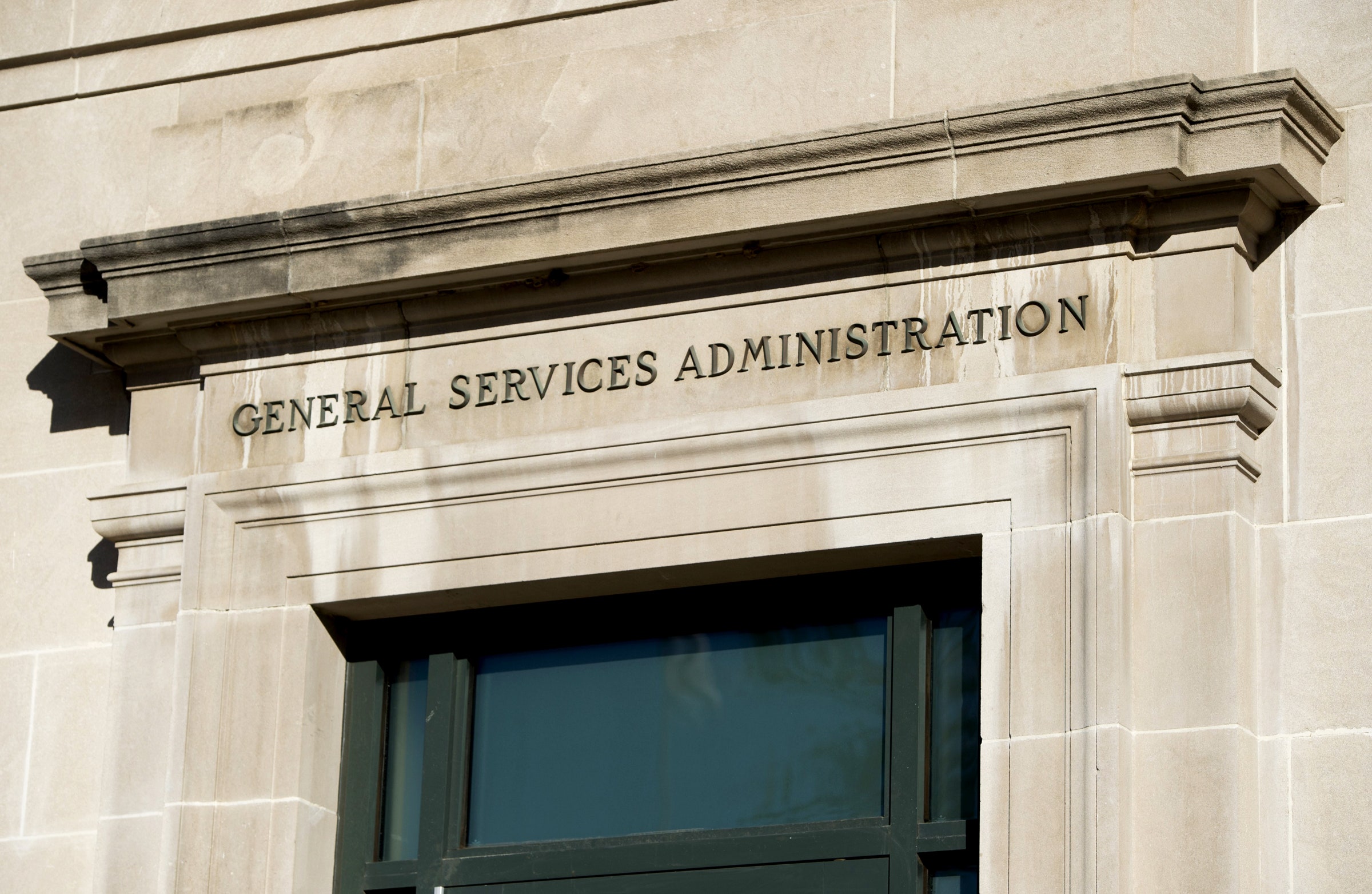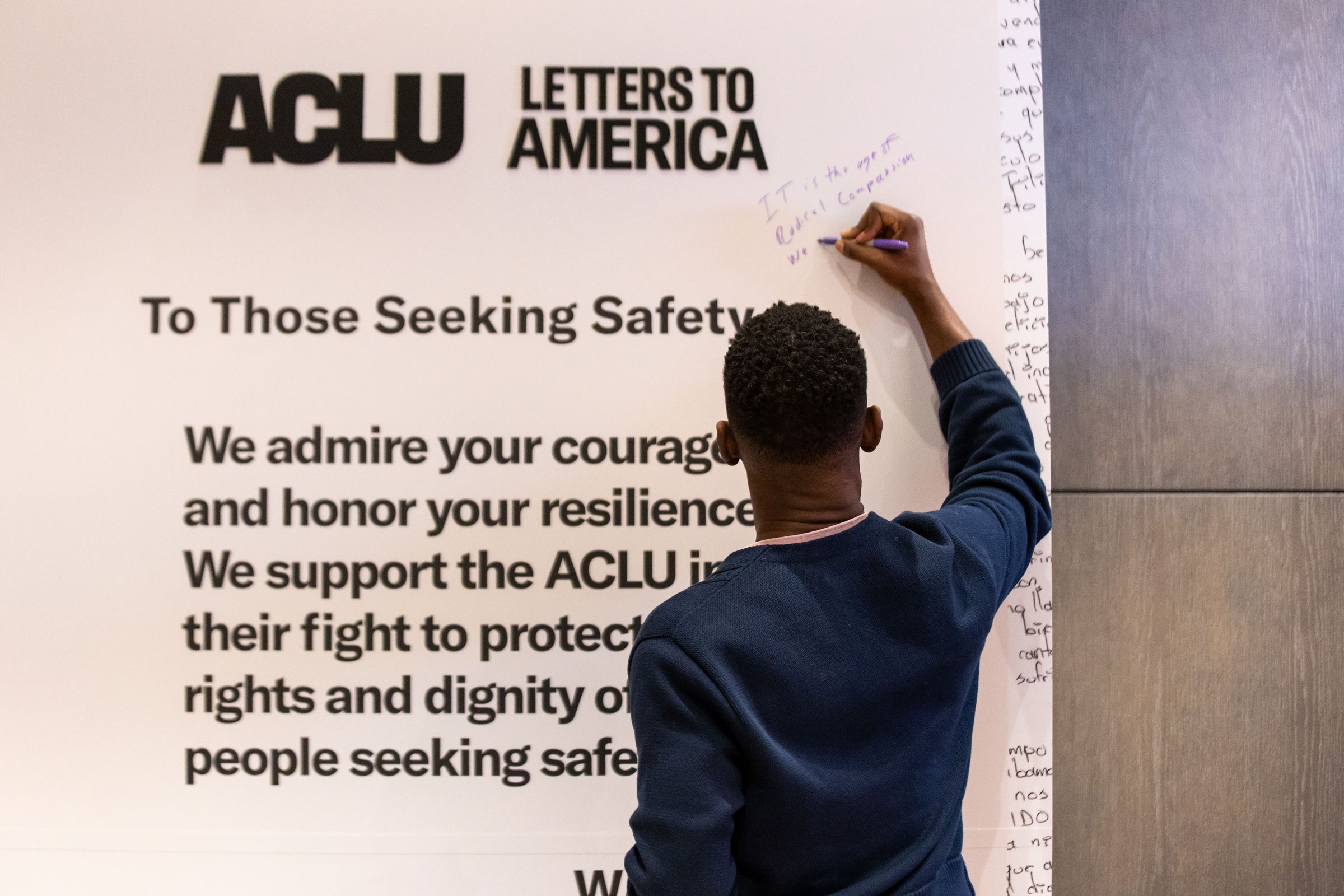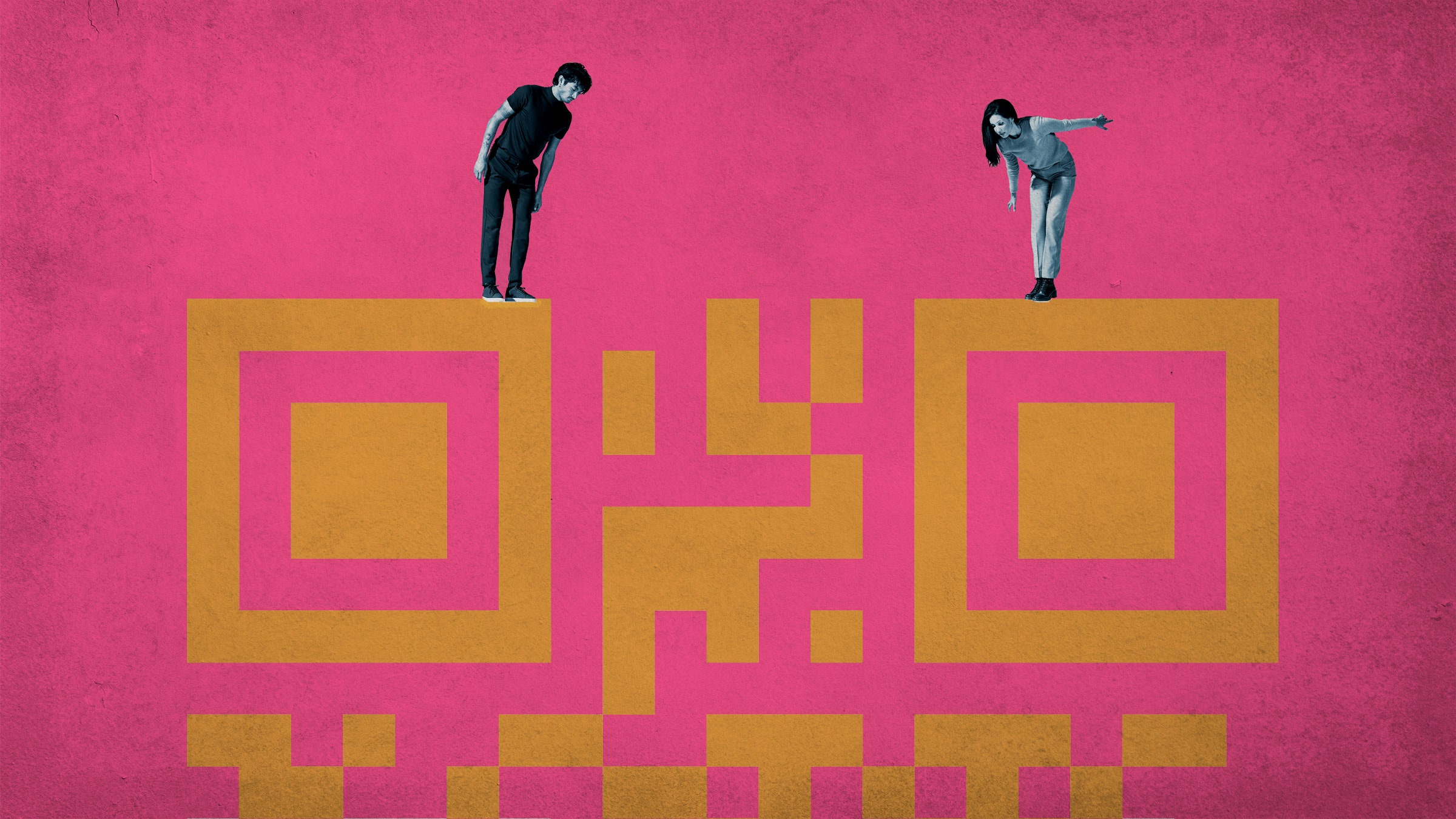The computer ban provided the government with an unfair advantage in the case against the anti-war activist, the lawyer stated.
The Computer Ban and the Unfair Advantage: An Anti-War Activist’s Case
In a recent legal battle against an anti-war activist, the government imposed a computer ban that the activist’s…
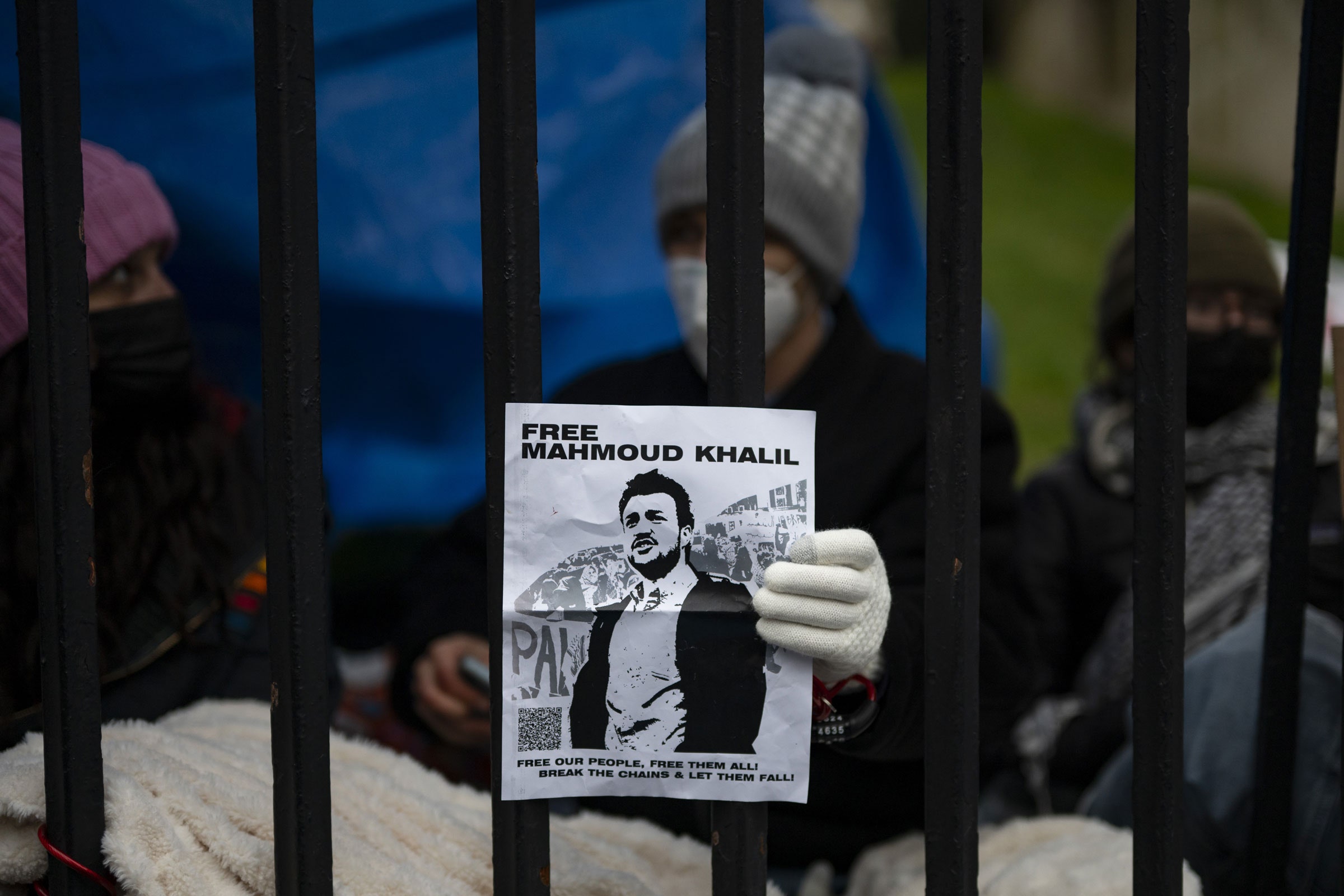
The Computer Ban and the Unfair Advantage: An Anti-War Activist’s Case
In a recent legal battle against an anti-war activist, the government imposed a computer ban that the activist’s lawyer argued provided an unfair advantage to the prosecution. The activist, known for their strong stance against military interventions, found themselves at a disadvantage without access to crucial digital tools.
The lawyer representing the activist stated that the computer ban hindered their client’s ability to gather evidence, communicate effectively, and prepare a strong defense. Without access to their computer, the activist struggled to keep up with the prosecution’s arguments and counter them adequately.
Moreover, the lawyer pointed out that the government’s decision to impose a computer ban was a tactical move to weaken the activist’s position and limit their ability to challenge the charges brought against them. The ban created an uneven playing field in the legal proceedings, tipping the scales in favor of the prosecution.
Despite these challenges, the anti-war activist remained steadfast in their beliefs and continued to fight for their cause. They relied on their legal team to navigate the complexities of the case and advocate for justice in the face of adversity.
Ultimately, the computer ban highlighted the lengths to which the government was willing to go to secure a conviction against the anti-war activist. It raised questions about the fairness of the legal system and the balance of power between the state and individuals advocating for social change.
As the case unfolded, supporters of the activist rallied behind them, calling for transparency, accountability, and a fair trial free from undue restrictions. The computer ban became a focal point in the larger conversation about civil liberties, freedom of expression, and the right to dissent.
Despite the uphill battle, the anti-war activist and their legal team remained resilient and determined to challenge the government’s actions and seek justice in the face of adversity. The case underscored the importance of upholding the principles of fairness, equality, and due process in the pursuit of a just society.
